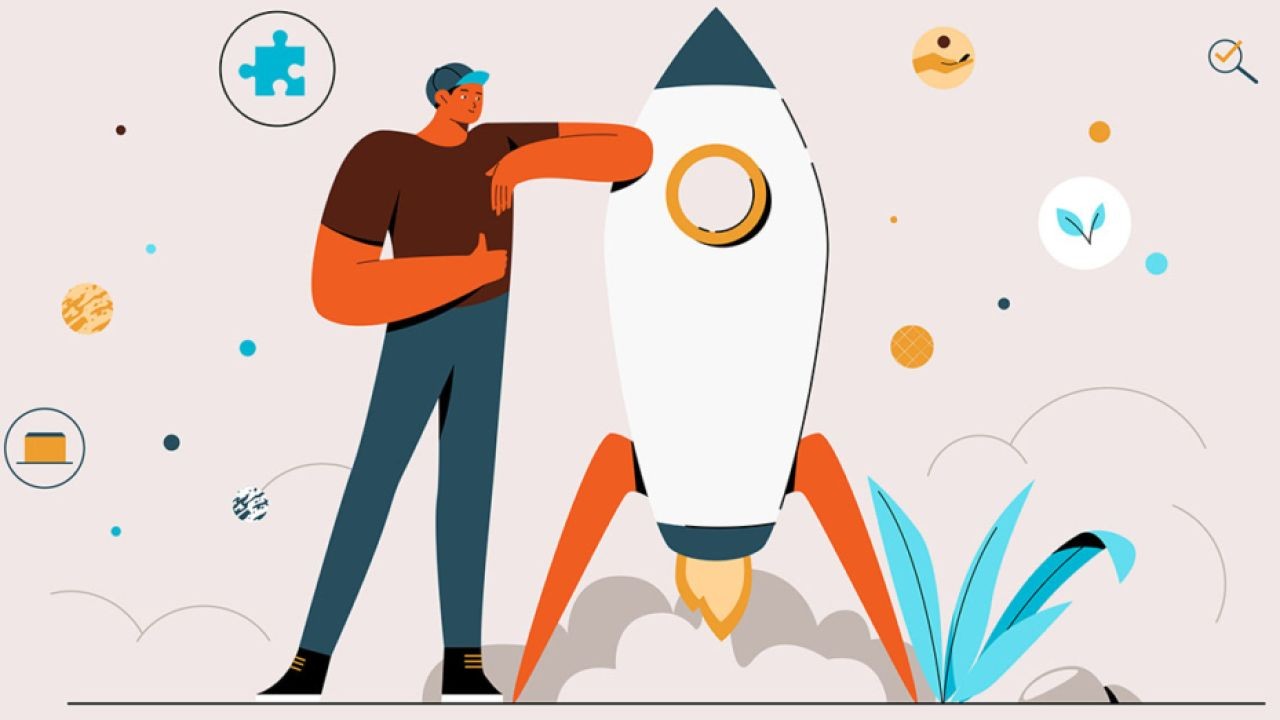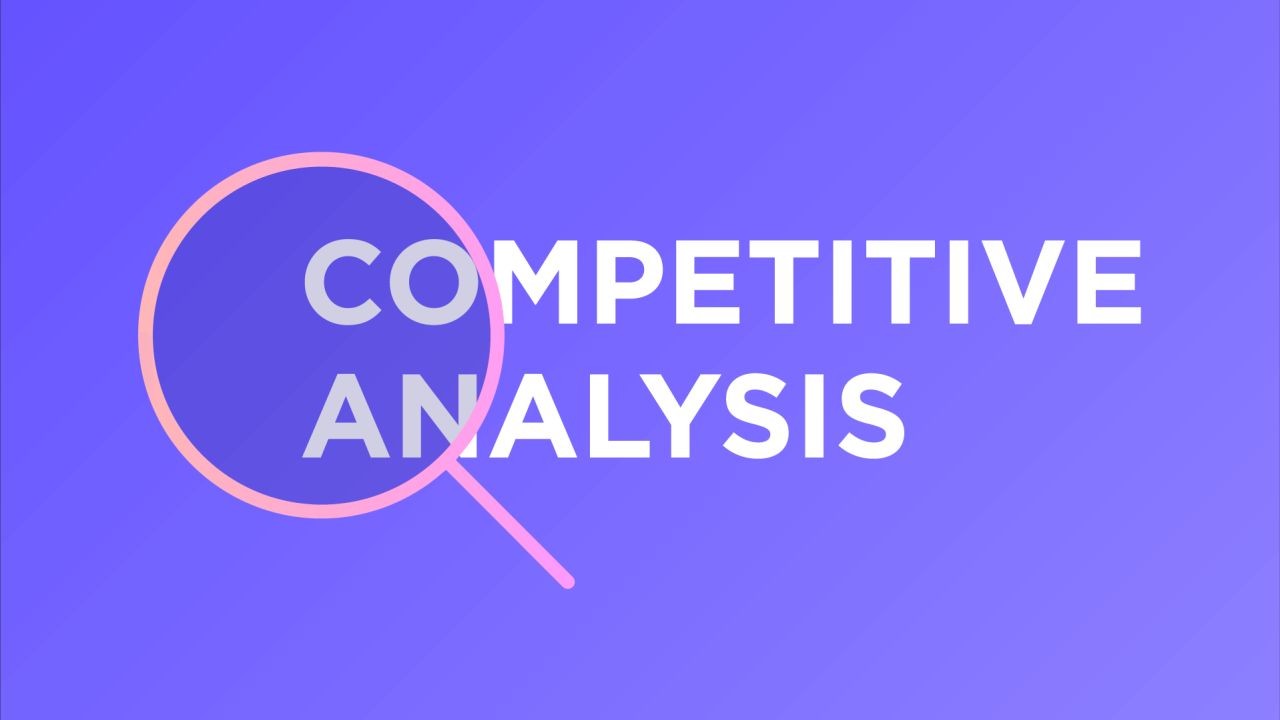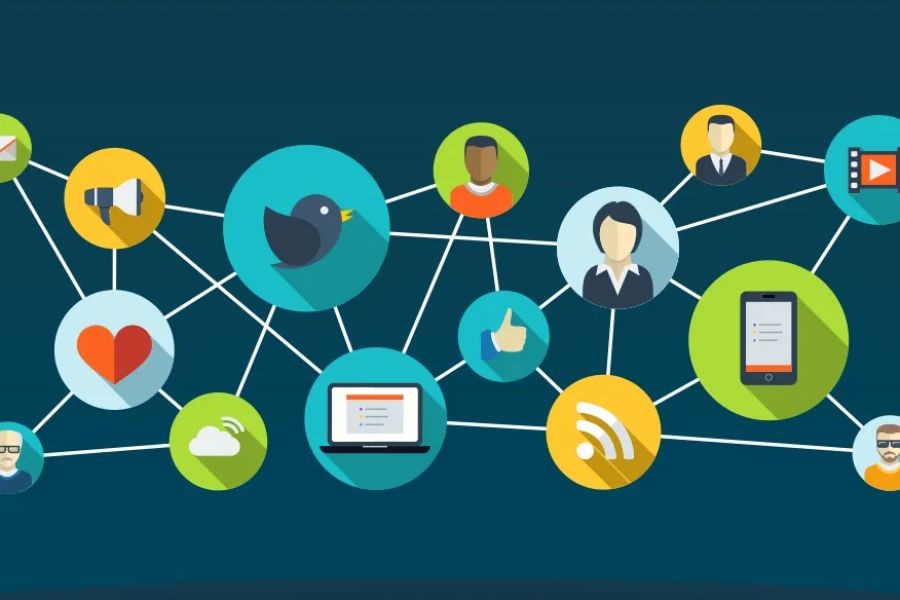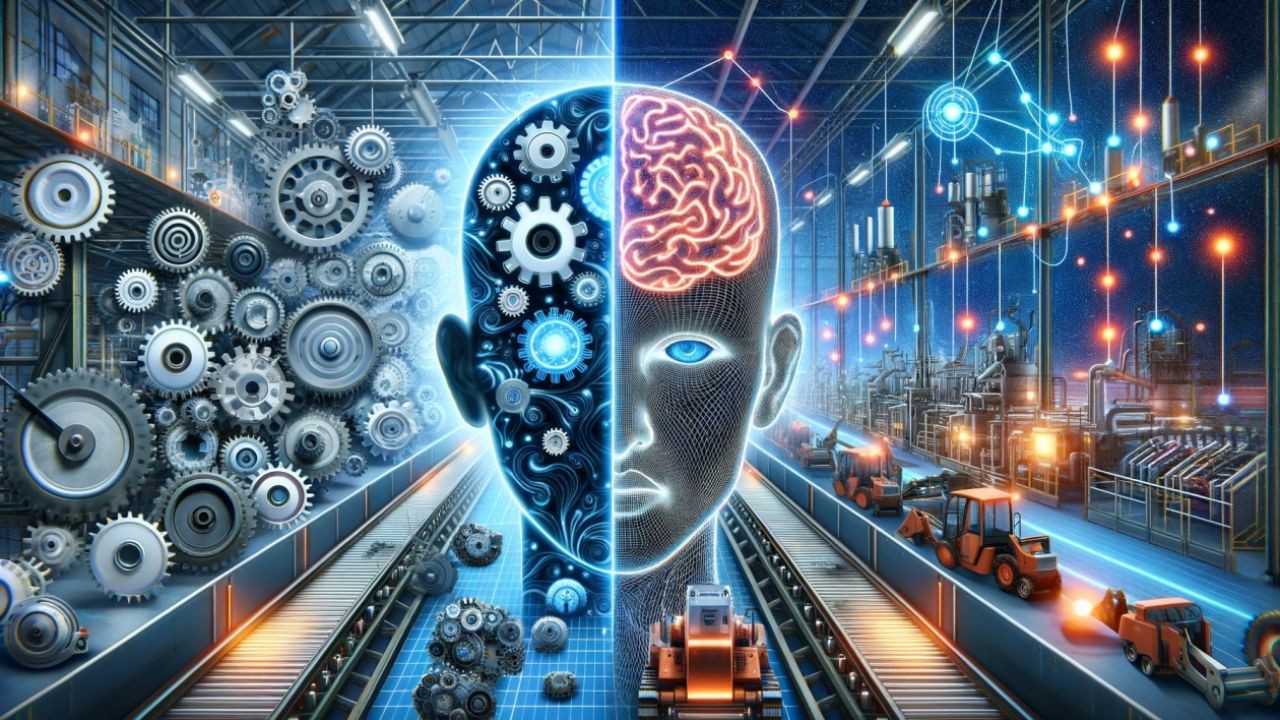In the rapidly evolving landscape of education, one topic is garnering significant attention: the potential for AI tutors to replace human teachers. This conversation is particularly relevant in New Zealand, where the integration of technology into traditional education systems is progressing at a swift pace. With the New Zealand government investing heavily in digital learning infrastructure, the question arises: will AI tutors ultimately take over the role of teachers, or will they serve as supplemental tools in the educational ecosystem? This article delves into the complexities of this topic, offering insights into potential impacts, both globally and locally.
The Pros and Cons of AI Tutors in Education
AI tutors present both promising opportunities and significant challenges. Understanding these can help educators and policymakers make informed decisions about their incorporation into New Zealand’s education system.
✅ Pros:
- Personalized Learning: AI tutors can tailor learning experiences to individual student needs and learning paces, thereby enhancing educational outcomes.
- 24/7 Accessibility: Unlike human teachers, AI tutors are available around the clock, providing students with continuous learning opportunities.
- Cost Efficiency: Over time, AI systems can reduce educational costs by automating routine tasks and enabling scalable learning solutions.
- Data-Driven Insights: AI can analyze vast amounts of educational data to provide insights into student performance and learning patterns.
❌ Cons:
- Lack of Human Interaction: AI tutors cannot replace the nuanced understanding and empathy provided by human teachers, which are critical for student development.
- Technical Limitations: AI systems require regular updates and maintenance, and may not be able to handle complex educational tasks.
- Privacy Concerns: The use of AI raises issues related to student data privacy and the potential for surveillance.
- Equity Issues: There is a risk of exacerbating educational inequalities if access to AI technology is not evenly distributed.
Case Study: AI in New Zealand Classrooms
The integration of AI into New Zealand’s classrooms offers valuable insights. A notable example is the Manaiakalani Program, which has successfully incorporated digital learning tools, including AI, to enhance student engagement and academic performance.
Problem:
Schools in low-income areas were struggling with low student engagement and achievement levels. Traditional teaching methods were not effectively addressing the diverse needs of students.
Action:
The Manaiakalani Program introduced AI-enabled learning platforms to provide personalized education. The program also offered professional development for teachers to effectively integrate technology into their teaching.
Result:
- Student engagement increased by 25% within the first year.
- There was a 15% improvement in literacy and numeracy scores.
- Teachers reported enhanced ability to track and support individual student progress.
Takeaway:
This case demonstrates the potential of AI to complement traditional education methods. However, it also highlights the necessity for training educators to effectively employ these tools. New Zealand’s education system can leverage such insights to improve outcomes while maintaining the essential human elements of teaching.
Data-Driven Insights
According to Stats NZ, 92% of New Zealand households have high-speed internet access, which is a crucial factor for the successful implementation of AI in education. Furthermore, a report by the Ministry of Business, Innovation, and Employment (MBIE) indicates that digital skills are becoming increasingly important for the future workforce, underscoring the need for AI integration in education.
Globally, the EdTech market is projected to reach USD 404 billion by 2025, with AI playing a significant role in this growth. For New Zealand, this presents an opportunity to position itself as a leader in digital education by integrating AI effectively.
Debunking Common Myths
- Myth: "AI tutors can fully replace human teachers." Reality: While AI can enhance learning experiences, it lacks the emotional intelligence and adaptability of human educators, which are crucial for holistic education.
- Myth: "AI will make education impersonal." Reality: When used correctly, AI can personalize education more than ever before by catering to individual learning styles and paces.
- Myth: "AI is too expensive for widespread use in education." Reality: Initial costs may be high, but the long-term savings and efficiency gains can make AI a cost-effective solution.
Future Trends and Predictions
By 2030, it's predicted that AI will play an integral role in education, transforming how curriculums are designed and delivered. With New Zealand’s strategic focus on becoming a digital nation, AI is likely to become a staple in classrooms, enhancing both teaching and learning experiences.
Moreover, a study by the University of Auckland suggests that integrating AI with traditional teaching methods can lead to a 40% improvement in student performance, particularly in STEM subjects.
Conclusion
While AI tutors will not replace teachers entirely, they offer substantial benefits that can transform education in New Zealand. By addressing challenges such as privacy concerns and equity issues, AI can be harnessed to enhance teaching and learning experiences. As New Zealand continues to invest in digital infrastructure, the thoughtful integration of AI in education will be crucial for preparing students for the future.
If you found this article insightful, share it with your network and join the conversation below: Will AI redefine education in New Zealand? What are your thoughts on the future of learning?
Related Search Queries
- AI in New Zealand education
- Future of AI tutors
- Digital learning tools NZ
- AI and student engagement
- AI privacy concerns in education































